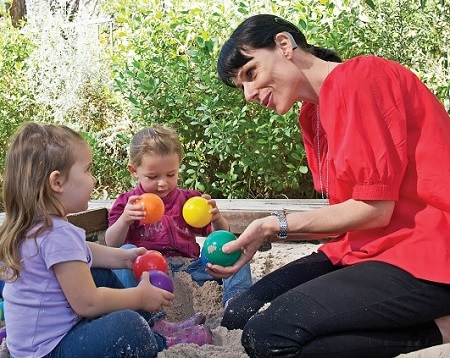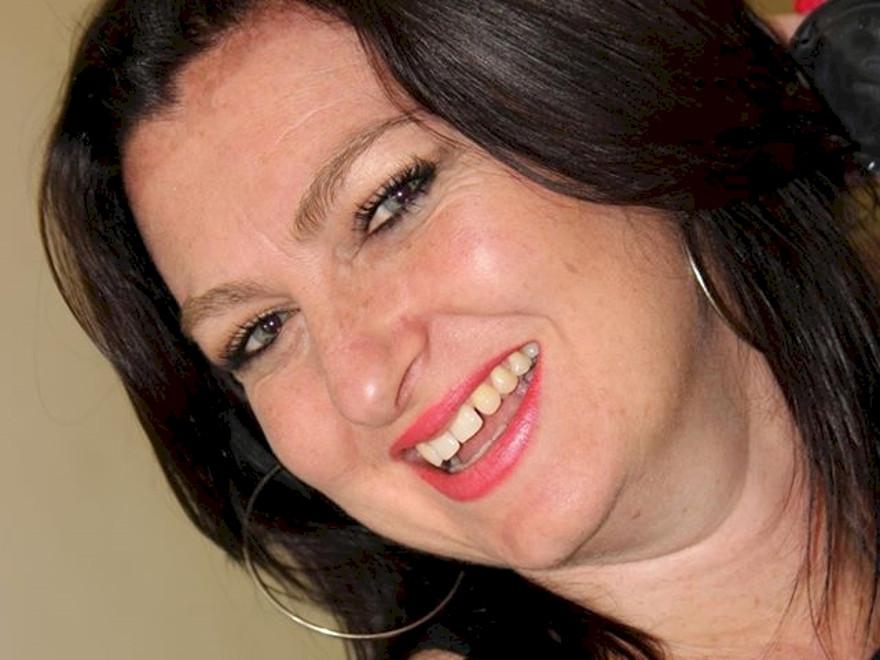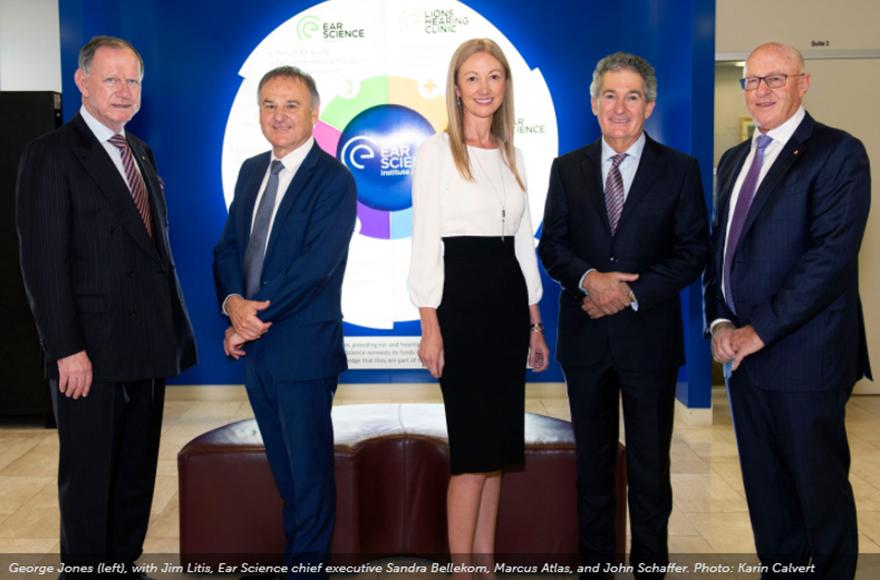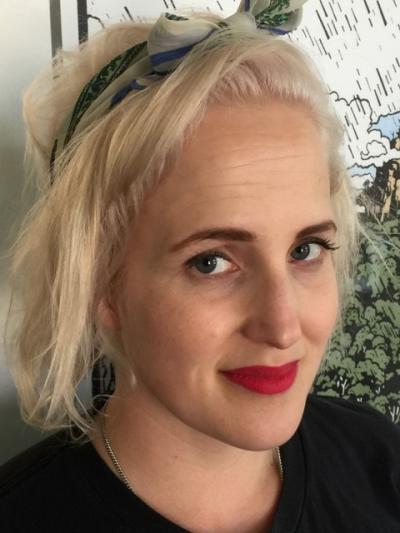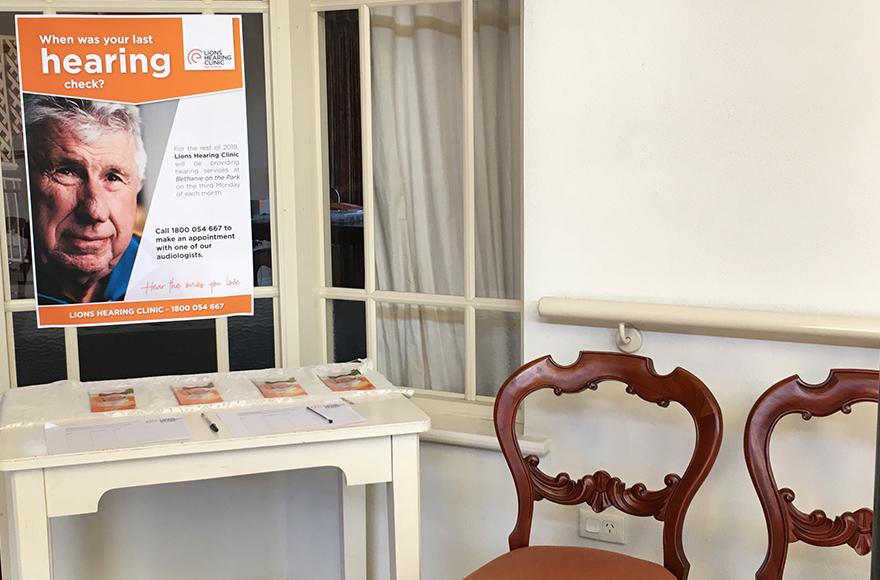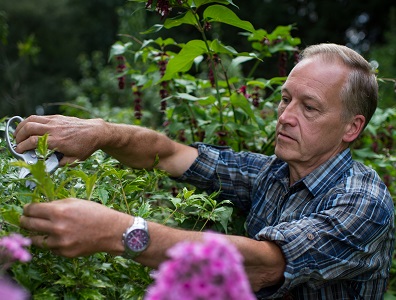Taking the plunge: Jane Goodfellow conquers fear to hear again
Jane Goodfellow was used to living with only one hearing ear, having been born with large vestibular aqueduct syndrome. However, her life changed dramatically in 2011 when she suddenly lost hearing in her good ear.
“I experienced dizzy spells for a few days and everyone sounded like they were talking underwater,” Ms Goodfellow explained.
“After a couple of days, I decided to stay home from work thinking I was coming down with something. After lunch I heard my mobile ring, answered it and had a conversation. An hour later I realised the home phone had been ringing and I hadn’t heard it. My son came home from school and shouted ‘Can you hear me?’ I replied, ‘Not really.’ That was the last natural sound I heard.”
Ms Goodfellow was referred to Professor Marcus Atlas at Ear Science by a friend. “I told him I had two fears in life, being eaten by a shark and going deaf. He told me to stay out of the water as my hearing would not return,” Jane says. “He said he could restore the hearing in my left ear with a cochlear implant. A month later I had surgery to receive the implant which changed the course of my life forever. Ms Ronel Chester-Browne, Ear Science senior audiologist, has been amazing with a capital A! All the staff at Ear Science have been wonderful and nothing is too much trouble for them.”
Ms Goodfellow’s family and friends have been very supportive and helped her adjust to life with a cochlear implant.
“Before the implant, my youngest son Ayden became very protective of me,” Ms Goodfellow said.
“If I was crying, he would bundle me in his little arms and stroke my back – no words needed. He would boldly speak on my behalf to other people when we were out and he quickly learned to sign so we could communicate. He also became a master of charades! Since the implant he is not as protective and he doesn’t have to sign much any more.”
She says the kids also “had a bit of fun with the fact I had a magnet in my skull. They would stick magnets to the side of my head and not tell me. Going through takeaway drive-through can be a challenge. I get my kids to help me – and in the beginning they would tell me to say yes, and when I got to the window to pay I would find I had said yes to things like extra fries and soft drinks I normally wouldn’t allow!”
Ms Goodfellow is also fortunate to have very supportive and accommodating work colleagues, whose thoughtful efforts have often brought tears to her eyes.
“They went out of their way to make my life easier and showered me with love,” Ms Goodfellow said.
“When I first went deaf I was shocked and depressed and my work colleagues adapted how they communicated with me. I’m so grateful they thought me important enough to make personal changes just to accommodate my new needs.”
Ms Goodfellow works full time at West Coast Institute of Training in Joondalup, where she has worked for 16 years as a senior lecturer in education. She is also a qualified primary and early childhood teacher and does relief teaching with children with autism.
“I love this work; teaching the kids is such a pleasure,” Ms Goodfellow said.
“The children are mostly non-verbal, so it is a perfect teaching environment for me. Without my cochlear implant, I wouldn’t have been able to continue teaching.”
When asked the best thing about her implant, Ms Goodfellow said, “The first night I had my processor turned on, I put my youngest son to bed. He reached up and said ‘I love you, mum.’ It was the first time I had heard anyone tell me they love me in three months. Priceless.
“With the implant I have the choice of whether to listen or not. I know some hearing people would be very jealous of my ability to turn sound on and off. Noisy screaming kids, TV blaring, dog barking, car alarms, boring work meeting, school kids’ violin concert – I can switch them all off if I want to, and I often do!”
Ms Goodfellow is more than delighted with her cochlear implant and would recommend it to anyone who struggles with deafness.
“I found the isolation from people very difficult,” she said.
“The implant bridges the gap between the hearing and non-hearing worlds, and believe me, they are very different worlds. I love the freedom the implant gives me to participate in all areas of daily life. I’d say go for it, if you are thinking about getting an implant. You won’t regret your decision.”

